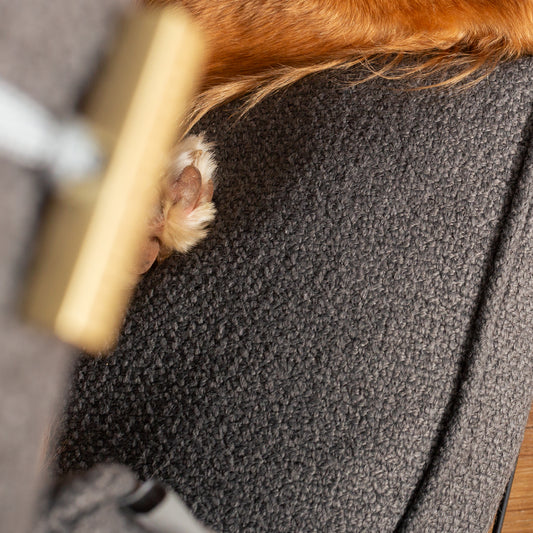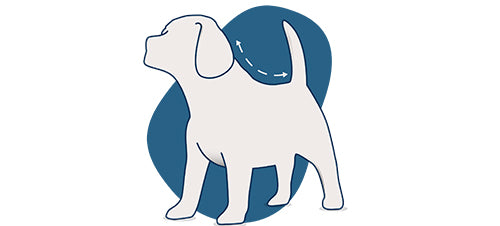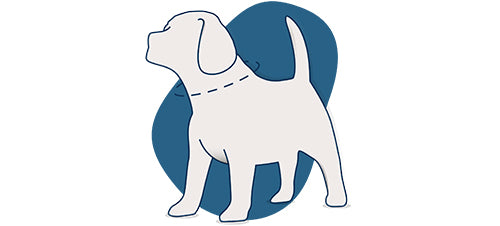If you’ve recently bought or adopted a puppy or if you’re doing your research for your upcoming arrival, we here at Lords and Labradors recommend you socialise your puppy as soon as it’s safe and within the first four months of your puppy’s life, as this is vital for their development.
In this article we discuss the positives of socialisation for your young puppy.
Why Is Puppy Socialisation Important?
It’s so important your dog learns new experiences, people and events in a positive way. Problems may arise months and even years down the line where these early experiences weren’t explored when they were younger. A huge part in your dogs everyday life will be getting to meet new people, when out on walks, or when visitors come to your home. Start with introducing your puppy to the doorbell to begin with, teaching them the noise of the doorbell is their cue to get onto their bed - this is helpful for when visitors arrive into your home. Don’t forget to introduce them to walking sticks and high-vis clothing so their experiences are varied and positive. It is very important to take socialisation slowly as to not scare your puppy.
Experiencing other dogs, strangers, family, other animals, environments, vet surgeries and sounds (such as roadworks/planes etc) can really influence how your puppy feels in a variety of situations. A puppy who lacks world experience may develop behavioural problems such as anxiety and stress.
When To Start Socialising Puppies
A good breeder will have started your puppy's socialising at just 3 weeks old, once you collect your puppy (from 8 weeks or over), it is your turn to ensure they’re being socialised in the correct way. The good news is, you can actually start socialisation before they have had all of their vaccinations - if you are safe and sensible.
Until your puppy is fully vaccinated:
- Don’t allow them to mix with other dogs you do not know the vaccination status of.
- Keep your puppy safe within the limits of your home and garden if you’re allowing them explore themselves.
- Take them out as much as you can, but in a carrier so you know they’re kept safe, yet exploring the world with you.
How To Socialise Your Puppy With Other Dogs
Every dog your puppy meets will be different, just like us people, dogs have their own personalities which your puppy is yet to encounter. It’s so important to ensure your puppy meets a good mix to avoid anxiety and frustration as they get older. Before socialising your puppy, it’s best to check with the dogs owner if it is safe for your puppy to be around their dog. Often bad experiences are worse than no experience at all.
Most adult dogs will tell a puppy off if they’re too excited, but some are really tolerant, so keep an eye on your puppy and note how they play, think about how you want your puppy to behave with unfamiliar dogs that they meet out and about, especially as they get bigger.
How To Socialise A Puppy Before Vaccinations
Start with the things you can do with your puppy at home to help your puppy become more confident in exploring their surroundings. Letting them explore your home and garden area (if you have one) with their own paws will help them become inquisitive and as brave as possible!
Get your puppy used to walking on different textures and sniffing household objects such as packaging from deliveries and post etc, whilst watching them to ensure they don’t toilet where they’re exploring (unless of course they’re in their toilet area/garden).
If you’re socialising your puppy around other dogs, as long as you know for certain the dogs your puppy is interacting with are up to date with their vaccinations, there is a lot lower risk involved by letting them play together.
Try to ‘show’ and let your puppy explore as much as possible within the first 16 weeks of their life, paying close attention to things they may encounter most of when they’re older. For example if most of their walks will be in the countryside, it’s good to introduce your dog to livestock and how to behave appropriately around them. Or if their walks will mainly follow a high traffic route, introduce them to how to behave around strangers and cars. A good puppy class can help with socialisation and help with training, but remember a short session weekly won’t be enough and the majority of the work and training your puppy needs will be done at home.


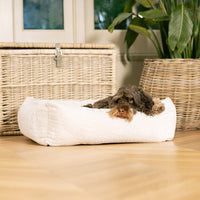

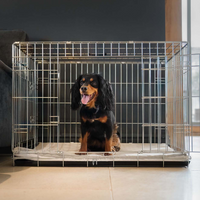
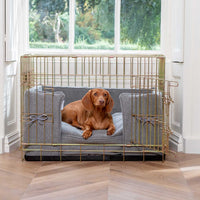
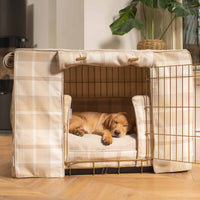
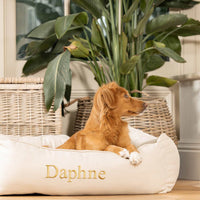
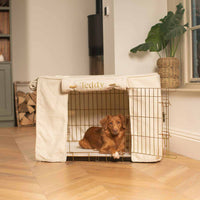
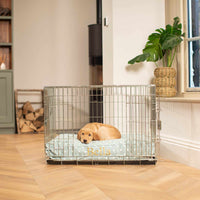
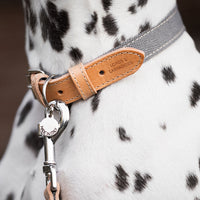
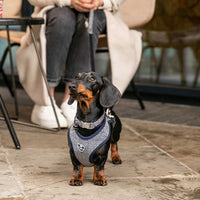
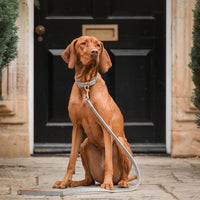
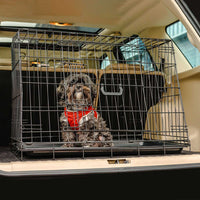
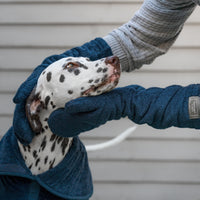
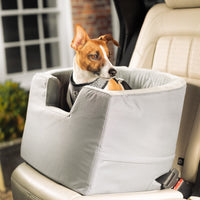
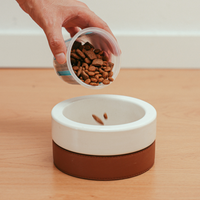
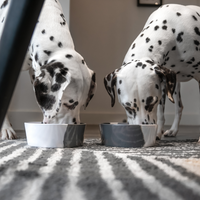
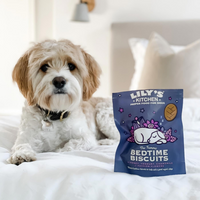
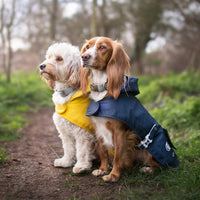
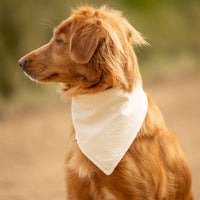
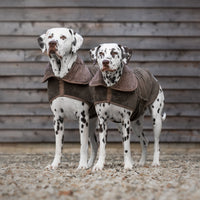
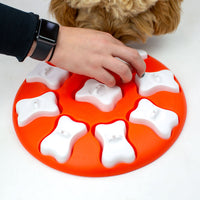
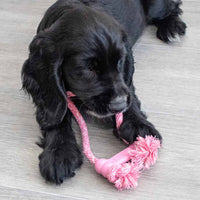
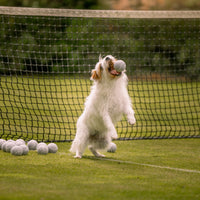
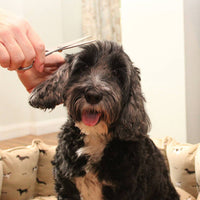
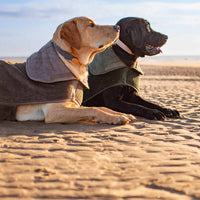
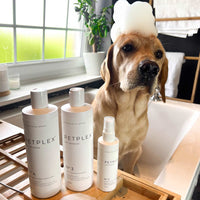
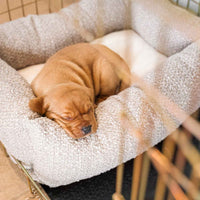
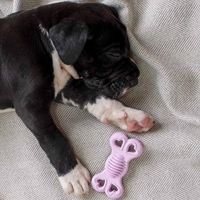
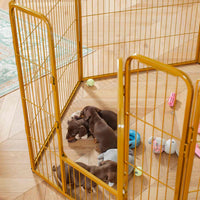



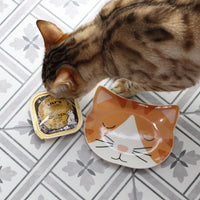
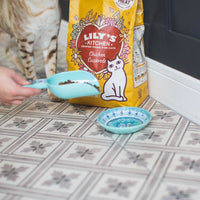
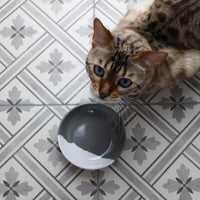
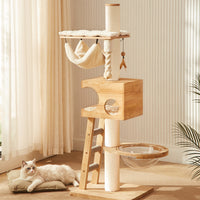
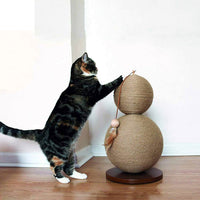
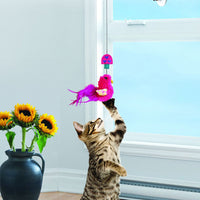
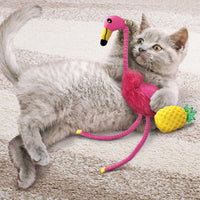
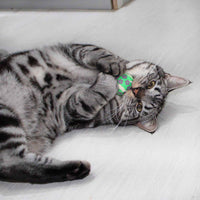
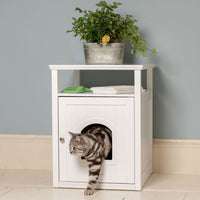
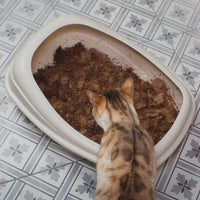
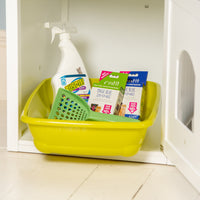
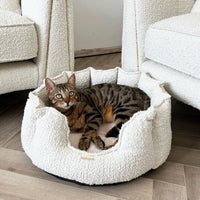
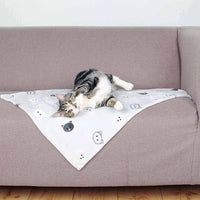
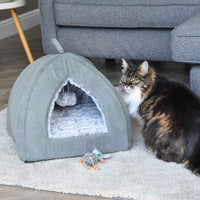
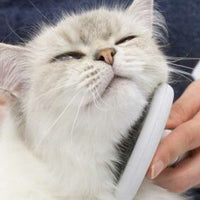

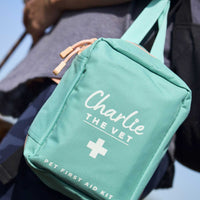
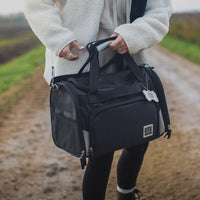

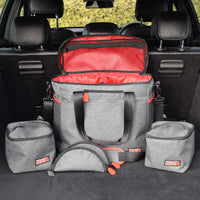
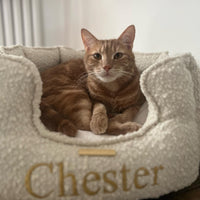
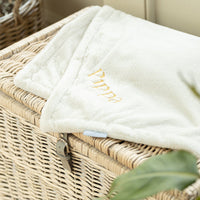
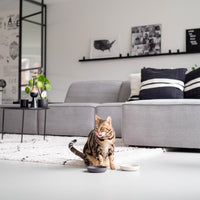
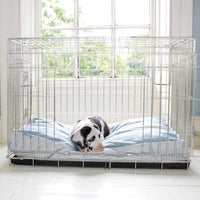
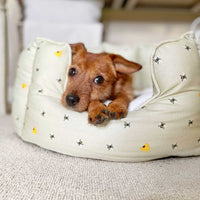
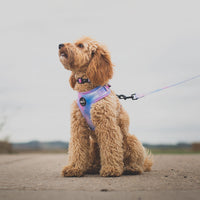
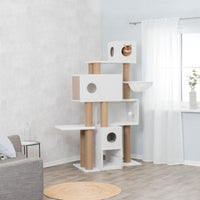
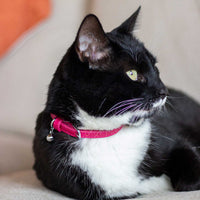




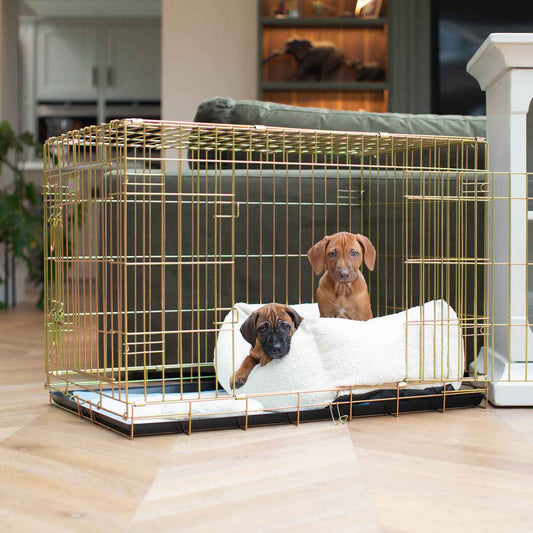
![[color:mint]](http://www.lordsandlabradors.co.uk/cdn/shop/products/trixie-soft-adjustable-puppy-harness-lead-set-mint.jpg?v=1673280548&width=533)




.jpg?v=1723712924433&options=)




























